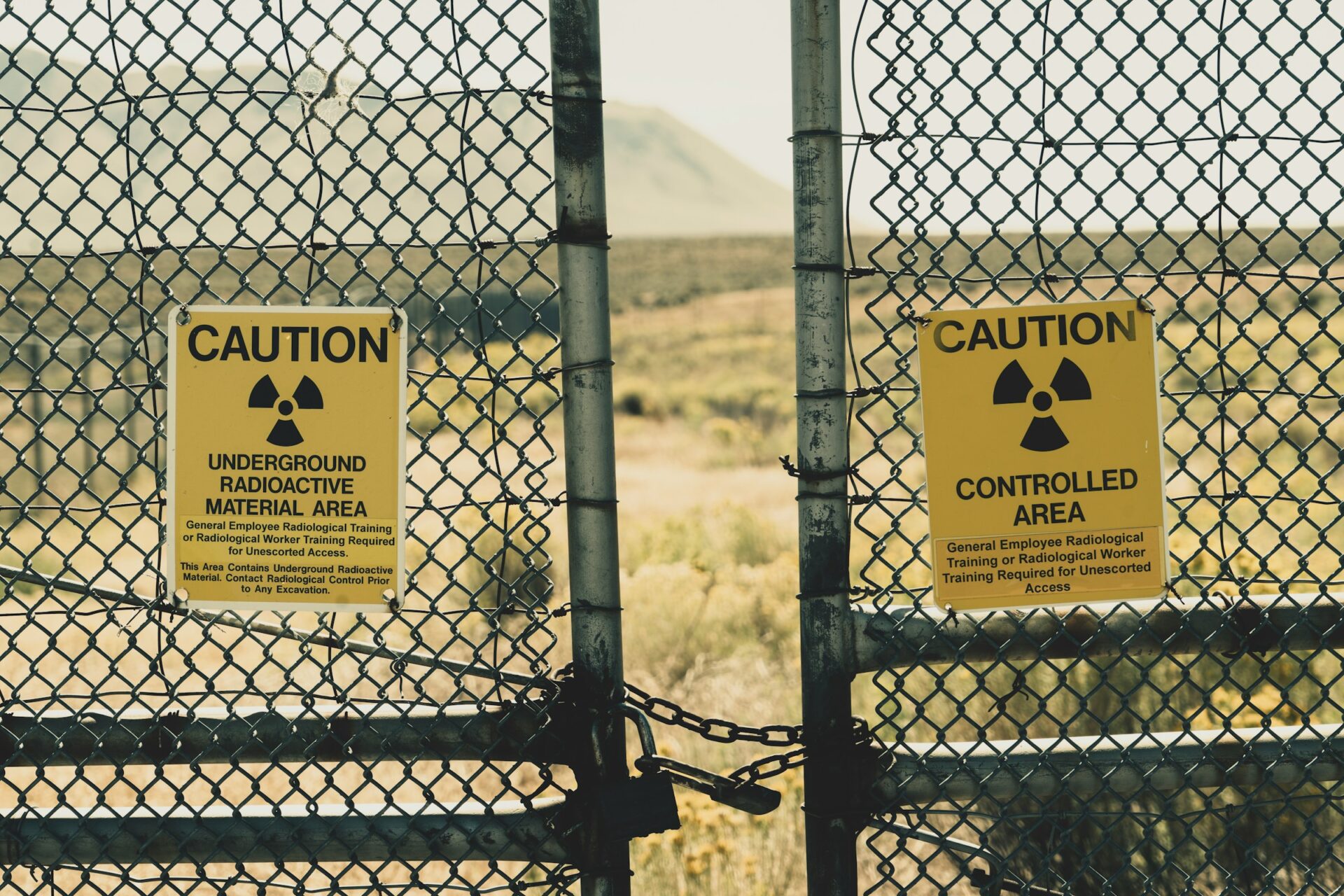Project 2025 is a behemoth policy initiative that seeks to set the United States back decades in climate policies, environmental regulations, and more. But what it says about nuclear technologies could be disastrous.
The Heritage Foundation developed the controversial Project 2025 for the next Republican administration, should one take office in 2025. It outlines sweeping changes across all areas of government, including environmental and nuclear policies.
The world is currently facing heightened nuclear risks, with tensions among nuclear powers at their highest since the Cold War. The breakdown of arms control treaties, modernization of nuclear arsenals, and the potential for regional conflicts to escalate have increased the threat of nuclear confrontation in the 21st century. In this precarious global context, Project 2025’s stance on nuclear policy is particularly alarming.
A Step Backward
In a misguided attempt to project military strength, Project 2025 essentially calls for the US government to restart nuclear weapons testing at the Nevada National Security Site.
Not only would this mean the abandonment of long-standing treaties and the potential reignition of a global arms race, but this move would exacerbate a painful, enduring legacy of environmental and social harm. Historically, these tests have primarily impacted Indigenous and underserved communities. Families have suffered long-term, intergenerational health issues from severe radiation exposure.
Even today, there is an ongoing effort to seek justice for those affected by these Cold War-era activities by extending the Radiation Exposure Compensation Act. Why repeat the mistakes of the past? New testing puts communities at risk and further entrenches environmental injustice in areas of the country most needing infrastructure investment.
Weakening Environmental Protections
Project 2025 may be lengthy, but it is not original. Of course, it undermines the Environmental Protection Agency, a longstanding target of fossil fuel interests. The initiative would impede the federal government’s ability to ensure corporations follow basic environmental standards.
The EPA’s importance in protecting public health cannot be overstated. Prioritizing the interests of fossil fuel industries over the needs of people, particularly those in underserved areas who are already facing the worst impacts of the climate crisis, will only yield more tragedy.
Areas like the Mississippi River Chemical Corridor in Louisiana have long borne the brunt of fossil fuel pollution. This region, internationally known as “Cancer Alley” due to its high concentration of petrochemical plants and elevated cancer rates, shares a stark parallel with the Navajo Nation in the Southwest, which continues to struggle with the toxic legacy of uranium mining.
Historically, these tests have primarily impacted Indigenous and underserved communities.
“Cancer Alley” bears a concentration of petrochemical plants that have left communities facing cancer rates far above the national average — a devastating parallel to the Navajo Nation, where generations continue to endure the toxic legacy of irresponsible uranium mining in their ancestral lands.
The human toll of weakened environmental protections is staggering and far-reaching. Families living near sites often face increased rates of respiratory diseases, cancers, and developmental issues. By rolling back environmental safeguards, Project 2025 risks exacerbating these issues and creating new sacrifice zones across the country, where the health and well-being of communities are traded for corporate profits.
Abandoning Modern Nuclear Waste Solutions
Project 2025 also abandons modern, consent-based approaches to nuclear waste management in favor of outdated, top-down proposals like attempting to revive the Yucca Mountain repository.
Even mentioning Yucca Mountain — a site opposed by many in Nevada — Project 2025 dismisses the importance of community-driven decision-making. As highlighted in a joint op-ed from Good Energy Collective and the American Nuclear Society op-ed from May, nuclear waste management requires a bipartisan approach and community-focused solutions from policymakers.
Communities nationwide are speaking out against the environmental threats posed by Project 2025. In New Mexico, a state already facing severe climate impacts, environmental groups warn that the plan could lead to more devastating wildfires, extreme heat, flooding, and drought while reducing federal support for affected communities. Tom Solomon, co-founder of 350 New Mexico, describes Project 2025 as a “pretty horrific document” with wide-reaching consequences for climate action.
The scope of risks extends far beyond nuclear waste management. Labor unions in Nevada have highlighted how Project 2025 would “shred our freedoms,” potentially eliminating overtime protections, repealing caps on insulin prices for older people, and undermining collective bargaining rights.
Despite these challenges, the Department of Energy (DOE) has made progress in addressing one of nuclear energy’s most persistent challenges: the responsible management and disposal of waste. The agency has embraced international best practices by organizing the Consent-Based Siting Consortia.
This community-focused strategy gained momentum when Congress appropriated funding during the 2021 fiscal year, leading the DOE to support research initiatives across multiple organizations, including projects that explore how communities view the prospect of hosting consolidated interim storage facilities.
However, the proposal to revive Yucca would undermine this recent progress and ignore the lessons learned from decades of community engagement and scientific research.
The Path Forward
Project 2025’s regressive policies disregard and disrespect community voices. Ignoring community needs will worsen the climate crisis and exacerbate public health challenges.
Environmental and climate groups are sounding the alarm about Project 2025. Organizations like EarthJustice and the Sierra Club have raised significant concerns about its impact on wildlife, public lands, and environmental protections. They warn that the plan would gut fundamental environmental laws, prioritize fossil fuel extraction over conservation, and eliminate crucial climate action and environmental justice efforts.
EarthJustice characterizes Project 2025 as a “deregulatory agenda” that would “strip away our rights to clean air, clean water, and a healthy planet.” These criticisms highlight the severe threat Project 2025 poses to the planet’s future and communities’ self-determination.
Instead of reverting to outdated and harmful policies, we must choose to center community input and continue advancing clean energy solutions. The way forward is clear: embrace innovation, equity, and justice in shaping a sustainable, inclusive energy future that protects our planet and communities.




















